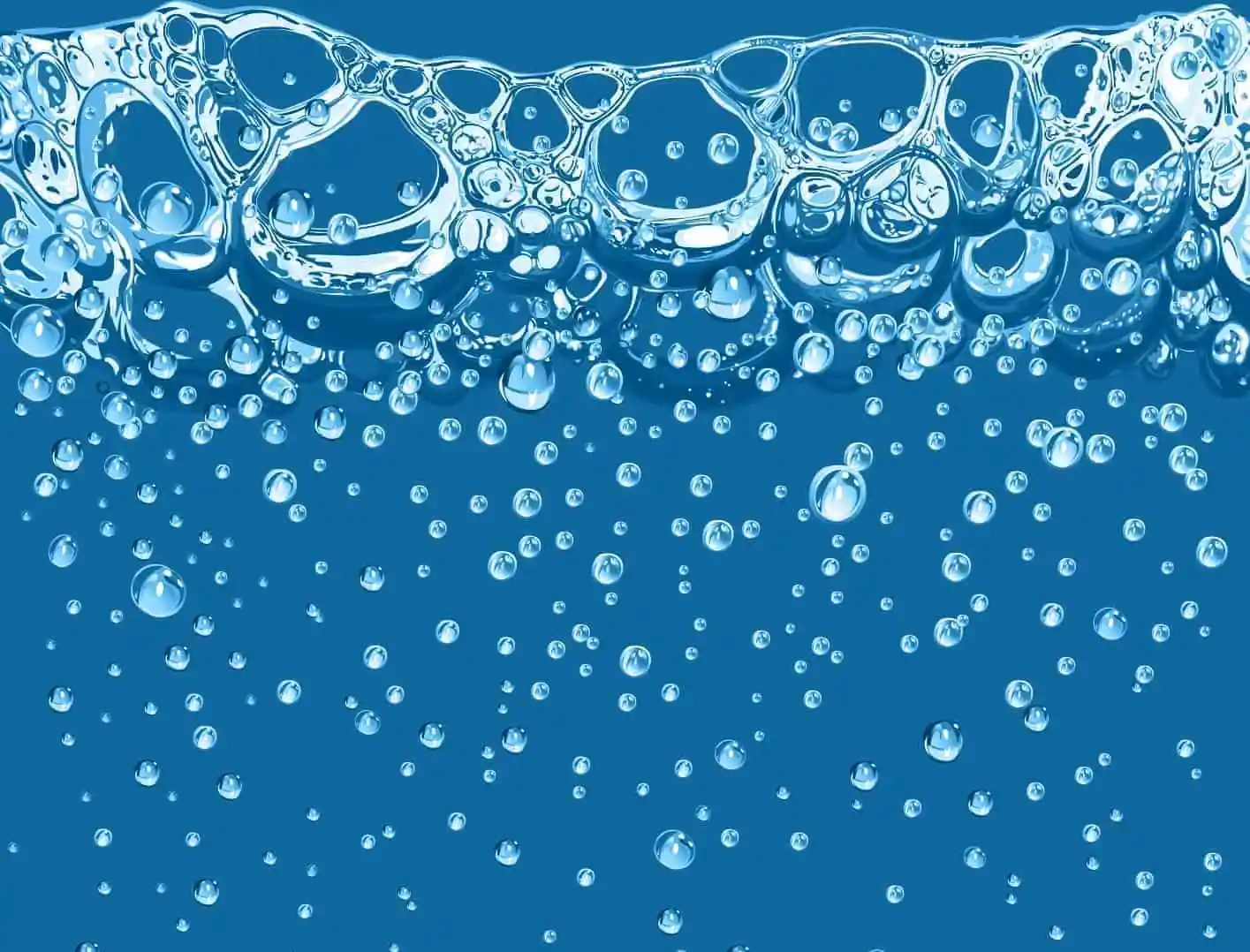Salt systems are often praised as maintenance free, but is that really true? Our experts…

Why Do Salt Systems Work Well For Swimming Pools, But Not Hot Tubs?

While deciding on the kind of sanitization system they want for their hot tub, most people think back to their swimming pools. If a saltwater system worked well for my swimming pool, why should my hot tub be any different? Should I get a hot tub saltwater system? It contains water the same as a swimming pool doesn’t it?
However, while a saltwater system may have worked for your swimming pool in the past, it is not likely that it will work well for your hot tub.
We’re sharing why, even though a salt system may be suitable for your swimming pool, it might not be the best option for your hot tub.
What Makes a Hot Tub Different From a Swimming Pool?
Size
The most notable difference is the size. An average hot tub is significantly smaller than the average pool. A hot tub carries approximately 300-400 gallons of water, while even the smallest swimming pools hold 3,000 gallons and can go upwards of 50,000.
Temperature
The water in a hot tub is much hotter than in the average swimming pool. While the temperature in a hot tub is adjustable, most users prefer to keep it around 104 F. How does this make a difference? Higher temperature means people in a hot tub will sweat more and excrete more organic material. Higher temperatures also causes chemicals to dissolve differently and burn off quicker.
Different Cover Types
Swimming pools are normally left uncovered during the swimming season. This allows the sanitizer in the pool to evaporate and vent off. Hot tubs, on the other hand, are usually covered between uses. Spa covers are also fully insulated compared to a more lightweight pool cover.
Internal Components
The components of a swimming pool and a hot tub have similar functions, but differences in design. Both units involve a pump or pumps, some sort of filtration system and possibly a heater, but the size and durability of these components varies. When you do not properly maintain your water or add the incorrect chemicals, these components are at risk of damage.
Material
Swimming pools are typically made of fiberglass, vinyl or concrete. Hot tubs have acrylic or smooth polymer shells. These shells are susceptible to damage with iproper water maintenance.
How Do These Differences Impact Salt Systems in Hot Tubs?
To grasp how these differences negatively impact the salt system in a hot tub, consider a family of three in a 12,000-gallon pool as compared to three people in a 300-gallon hot tub. Since there is a smaller volume of water, there is a higher concentration of dissolved organic substances including sweat, skin oil, sunscreen, and other bacteria. These substances consume the sanitizer at a much faster rate. To remain effective, the hot tub saltwater system would have to keep generating and maintaining a greater sanitizer concentration. However, this does not happen.
The high-temperature environment of the hot tub will make it difficult for the salt cell to produce enough sanitizer. Salt system manufacturers recommend adding extra sanitizer to keep the water safe and healthy.
Let’s also take into consideration the opposite scenario. What if the salt generator continues to run when there are not enough dissolved organics in the water to use the sanitizer? In this case, the generator will end up overproducing chlorine. This excessive chlorine can lead to the bleaching of the hot tub cover, shell, and pillows. If excessive chlorine is allowed to build up, it can even cause damage to the internal hot tub components.
Salt Systems Require More Maintenance in Hot Tubs
While salt systems may have been a financially viable option for your swimming pool, the same cannot be said for hot tubs. While many people in the industry claim that saltwater systems do not require much upkeep, are salt systems really maintenance-free?
The short answer: no.
Excessive chlorine in your hot tub can lead to the corrosion and damage of outer and internal hot tub components, making you spend money on repairs and replacements.
The salt cell cartridge also requires replacements every few months. These cartridges come in a pack of 3 and cost around $300. While maintenance can become easy once you get used to it, the cost of ownership remains a big factor.
Saltwater is also known to be harder, causing excessive wear and tear on equipment. This leads to the need to add water softening products which are an added monthly expense.
The Bottom Line
While saltwater systems may have worked for your swimming pool, they may not be a viable option for your hot tub. With a hot tub saltwater system, you risk under and over-chlorinating your water, damaging the hot tub components and shell, and a much higher maintenance cost.
Consider the differences between a swimming pool and a hot tub carefully before choosing a sanitization system. If you are properly informed, you will save yourself much hassle and ongoing maintenance costs in the future.

Manny Brambila
Manny has been in the Pool & Spa industry for over 15 years and is considered a pool, swim spa, & hot tub expert. He has been a Certified Pool & Spa Operator (CPO) since 2009 and worked 15 years in aquatic training and development for the largest pool chemical and customer care company. He also has been an outside consultant for the Pool and Spa industry in Chicago, New York and Los Angeles since 2018. In the past few years Manny has become Director of Operations for Epic Hot Tubs with a priority of providing customers with the most reliable information and best service possible.


